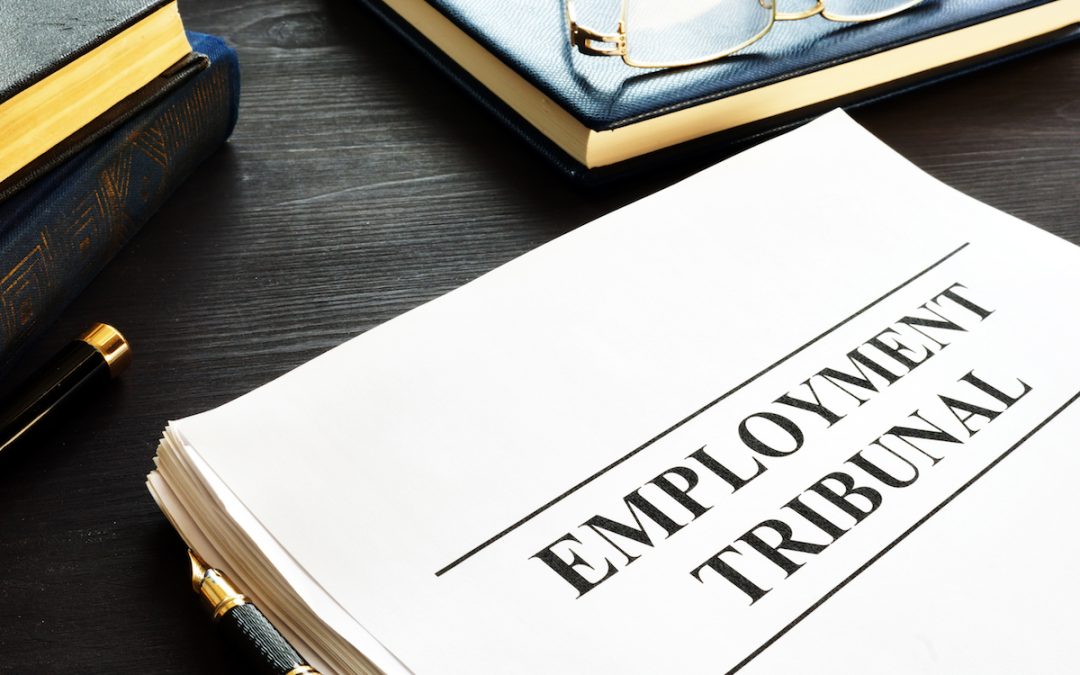When looking at unfair dismissal compensation, employers often argue that the conduct of the employee has contributed to their dismissal. The Employment Rights Act 1996 makes it clear that contributory conduct by an employee can have an impact on the level of compensation awarded. Unfair dismissal compensation is focused on actual losses, mainly loss of earnings. The sum which would otherwise be awarded can, however, be reduced by the tribunal by ‘such proportion as is just and equitable’ (s123(6) Employment Rights Act 1996), to take account of the employee’s contributory conduct.
In the recent case of Keirle and others v Notaro Homes, the Employment Appeal Tribunal was called upon to consider whether it can ever be ‘just and equitable’ to make no deduction once contributory fault has been found. In this case, the Claimants were dismissed. The Respondent said that the dismissals were because of social media posts made by each of the Claimants. The Claimants alleged that the real reason was that they had made protected disclosures. They claimed automatic unfair dismissal on grounds of whistleblowing.
The employment tribunal made a finding that the Claimants had made blameworthy social media posts. However, the real reason for their dismissal was that they had made protected disclosures. The social media posts were just the “cloak for the dismissals”. Their claims succeeded.
At remedy stage, the tribunal didn’t apply any reduction to the compensatory award on account of the contributory conduct, in the form of social media posts. The Respondent appealed the remedy point, arguing that the tribunal must make some reduction where it had found contributory conduct.
The Employment Appeal Tribunal, rejecting the appeal, held that, although a finding of contributory conduct usually results in some reduction to the compensatory award, there is no legal requirement that there must be a reduction in every such case. It was open to the tribunal to decide that no reduction at all was just and equitable, as it had done in this case.
Find out how we can help. Contact our Employment Law team on 01803 213251 today, without obligation.



